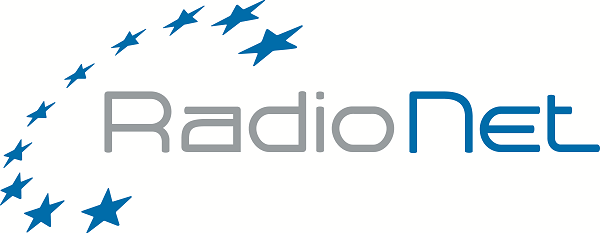Software and data requirements
For more instructions on installing optional software used during the workshop, check our wiki page.
Required software
We will use the Python2.7 - CASA5 based packages during the workshop. Upgrading to Python3 - CASA6 is underway, and participants are welcome to play with this. The scientific functionality in CASA6.1 is identical to CASA5.7
- Zoom 5.3 or higher
- Mattermost 4.6 or higher
- CASA 5.6 or 5.7
- Python 2.7
Zoom and Mattermost
The software interface for the workshop will be Zoom and Mattermost, the latter is an open source Slack alternative. Zoom will work in your browser or native Zoom client. Mattermost can run in a browser, participants can also install their own client of choice. An invite to join will go out in the week before the workshop.
The lectures will be in webinar mode, which means that participants cannot share video or talk during the lecture. The Mattermost channels and Zoom chat are available for questions. For the tutorials we plan to use Zoom break-out rooms with groups of 15-20 people who can support each other, tutors will ’tour’ the rooms and be available through Mattermost.
We are currently working on adding tutors and participants to Mattermost. You should receive an invitation for the Mattermost workshop team in the days leading up to the workshop.
CASA
For the tutorials, participants need to install the latest CASA version. You can find instructions for this on the NRAO website. For help in finding your way in CASA, have a look at the documentation page: CASA Docs and CASA Guides are both good starting points.
If you want to explore the Jupyter-CASA Notebook environment, you can find the instructions to install that here. Participants are advised to install this software well in advance and familiarise themselves with the environment.
Helper scripts
For the initial steps in the processing some helper scripts are required. These can be downloaded from GitHub. Make sure your Python installation can find these scripts by setting the paths:
export PYCAPATH=<path to script directory> export PYTHONPATH=<path to script directory>:$PYTHONPATH
Tutorials
More information on EVN data processing can be found in the EVN Data Reduction Guide. For the tutorials you can bring your own dataset to work with, or you can revert to one of the basic EVN tutorials working with the dataset N14C3. These can be found here:
* Additional information and lectures on the ERIS2019 webpage (check under L10+T8)
Download instructions for the data are in the tutorials, you can also use the DARA tutorial to download partially calibrated data. Make sure the data and meta-data is downloaded as instructed in the JIVE tutorial under “Downloading the data files” prior to the workshop. In your data you should have the IDI-FITS files, an ANTAB file and a UVFLG file.
Make sure you test everything prior to joining the workshop. There will be no time during the workshop to wait for downloads or help with software problems.
E-mail: secretary@jive.eu



